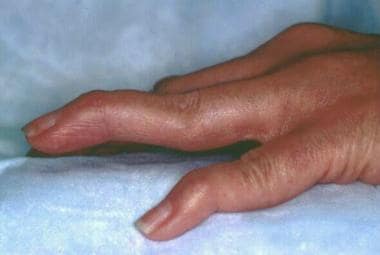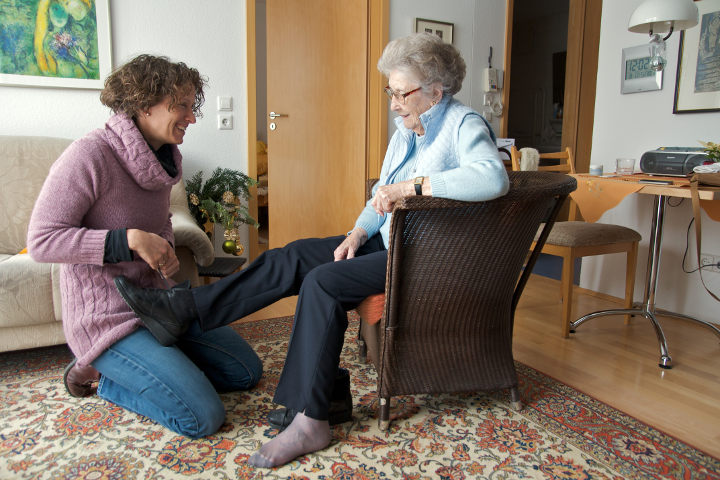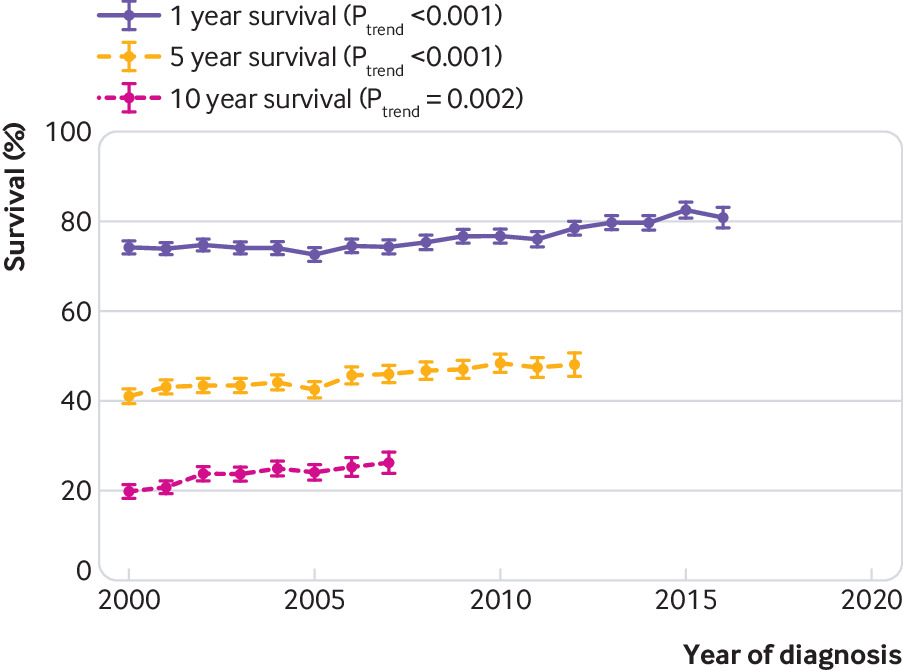
False negative test results are a worry for some public health officials and physicians. A negative test does not exclude the possibility that a person has COVID-19, and they may need to get tested again if symptoms are present or if a contact was made with someone infected. It can also lead to people feeling confident about their infection status. This could make them spread the disease.
Test for accuracy
The sensitivity of a test can affect the rate at which false positives and false negatives occur. The higher the sensitivity, the lower the false positive rate. The sensitivity is the result of how many viruses the test can detect. This sensitivity can vary based on where the sample was taken and how the virus was able to get into the sample.
The sensitivity of antigen tests is much lower than that of molecular tests. This leads to more false positives. This is the reason why they are not used by the FDA to screen for active infections.

Negative Pcr test
The negative pcr test is a type of SARS-CoV-2 testing that looks for the genetic material from the virus that causes SARS-CoV-2. The pcr-test is used to detect viral presence in laboratories, hospitals, and doctors' offices. It may take a few days to receive the results, but most of them are returned within 24 hours.
It is difficult to obtain a good lab test as many laboratories are rife with clerical error and other problems in the way tests are performed. Some lab errors occur because of problems in how the sample is taken. However, other errors may be caused by issues with the reagents.
PCR test:
The PCR test is a type of SARS-CoV-2 test that uses special chemicals to look for the genetic material from the virus. This test is performed by taking a small swab out of your throat or nose. This type of test is more accurate than most other tests but still produces a large number of false positives.
Saliva test
Another type of SARS CoV-2 tests is the saliva test. The virus can be detected from a saliva sample, which is much easier to collect than a test swab. It is less accurate than a standard swab test, but less expensive and simpler to use.

In a study of 700 Stanford University Students, the BinaxNOW Rapid Test detected 63% of cases and only 39% of patients who were asymptomatic. It's not good because a lot of people are unaware they're infected. It means that the infected patients are untreated, undetected and not contained.
FAQ
Who owns the healthcare system?
It all depends on your perspective. The government might own public hospitals. Private companies may run private hospitals. Or a combination.
What is an infectious disease?
Infectious diseases are caused by germs, viruses or parasites. Infectious disease spreads quickly when people come in close proximity. You can get measles or mumps, rubella (German whooping cough), pertussis/whooping chives, rubella ("German measles"), measles), pertussis ("whooping cough"), rubella ("German measles"), chickenpox), strep thyme), hepatitis A/B, HIV/AIDS), herpes simplex viruses, syphilis, gonorrhea and chlamydia
How can we improve our health care system?
We can improve our healthcare system by ensuring that everyone has access to high-quality health care, regardless where they live or how much insurance they have.
To prevent children from contracting preventable diseases such as measles (MMR), it is essential that they receive all necessary vaccines.
We must work to reduce the cost of healthcare while making sure that it is accessible to all.
Who is responsible to ensure public health?
Public health is the responsibility of all levels. Local governments have control over roads, schools, parks, recreation areas, and other public services. The laws and regulations governing food safety, workplace safety as well as consumer protection are enacted by both the national and state governments.
What does "health care" actually mean?
It is the provision of services for maintaining good physical and psychological health.
What should I know concerning vaccines
Vaccines can be very effective and safe ways to stay healthy. Vaccines provide immunity against certain diseases. Vaccinations can be given at specific times throughout your childhood, adolescence, or adulthood. Your doctor will help you decide when is the best time to get vaccines.
Statistics
- Healthcare Occupations PRINTER-FRIENDLY Employment in healthcare occupations is projected to grow 16 percent from 2020 to 2030, much faster than the average for all occupations, adding about 2.6 million new jobs. (bls.gov)
- The health share of the Gross domestic product (GDP) is expected to continue its upward trend, reaching 19.9 percent of GDP by 2025. (en.wikipedia.org)
- For the most part, that's true—over 80 percent of patients are over the age of 65. (rasmussen.edu)
- The healthcare sector is one of the largest and most complex in the U.S. economy, accounting for 18% of gross domestic product (GDP) in 2020.1 (investopedia.com)
- Price Increases, Aging Push Sector To 20 Percent Of Economy". (en.wikipedia.org)
External Links
How To
How to find home care facilities
Home care facilities assist people who require help at home. These include elderly persons who are unable to move independently and disabled people with chronic conditions such as Alzheimer's. The services offered by these facilities include personal hygiene, meal preparation, laundry, cleaning, medication reminders, transportation, etc. They often work in close collaboration with social workers, medical professionals, and rehabilitation specialists.
You can find the best home care services provider by asking friends, family and/or reading reviews on the internet. After you have identified a few providers, you can inquire about their experience and qualifications. You should look for a provider that offers flexible hours so that they can accommodate your schedule. Also, make sure they offer emergency assistance 24/7.
Consider asking your doctor for recommendations. If you don't know how to search, try searching online for "home healthcare" or "nursing home". You can use websites like Yelp and Angie's List or HealthGrades to compare nursing homes.
For further information, you may call the Area Agency on Aging (AAA), or Visiting Nurse Service Associations (VNA). These agencies will provide a list of local agencies that offer home care services.
Because many home care agencies charge high fees, it is essential to choose a reliable agency. In fact, some agents charge up to 100 percent of a patient’s annual income. To avoid this problem, you should be sure to choose an agency that has been rated highly by the Better Business Bureau. Get references from past clients.
Some states require home care agencies registered with the State Department of Social Services. Check with your local government office to see what agency registration requirements apply to you.
Consider these factors when looking for a homecare agency.
-
Avoid any company asking you to pay upfront for services.
-
Choose a well-established, reputable company.
-
If you are paying out of your own pocket, get proof of insurance.
-
You must ensure that the state licenses your agency.
-
Get a written contract that outlines all costs involved with hiring an agency.
-
Check to confirm that the agency offers follow-up visits following discharge.
-
Ask for a list if credentials and certifications.
-
Sign anything without first reading it.
-
You should carefully read any fine print.
-
Insure and bond the agency.
-
Ask how long this agency has been around.
-
Verify that the State Department of Social Welfare has licensed the agency.
-
Find out if there are complaints against the agency.
-
Contact your local government office that regulates home-care agencies.
-
You should ensure that the person answering the phone has the qualifications to answer your questions about homecare.
-
Ask your lawyer or accountant for tax advice on the use of home-based care.
-
Always get at least three bids for each home care agency you contact.
-
The lowest bid is the best but you should not settle for $30 an hour.
-
Be aware that you may be required to pay for more than one visit to a local home care agency each day.
-
Take the time to read all terms and conditions before signing any contract.